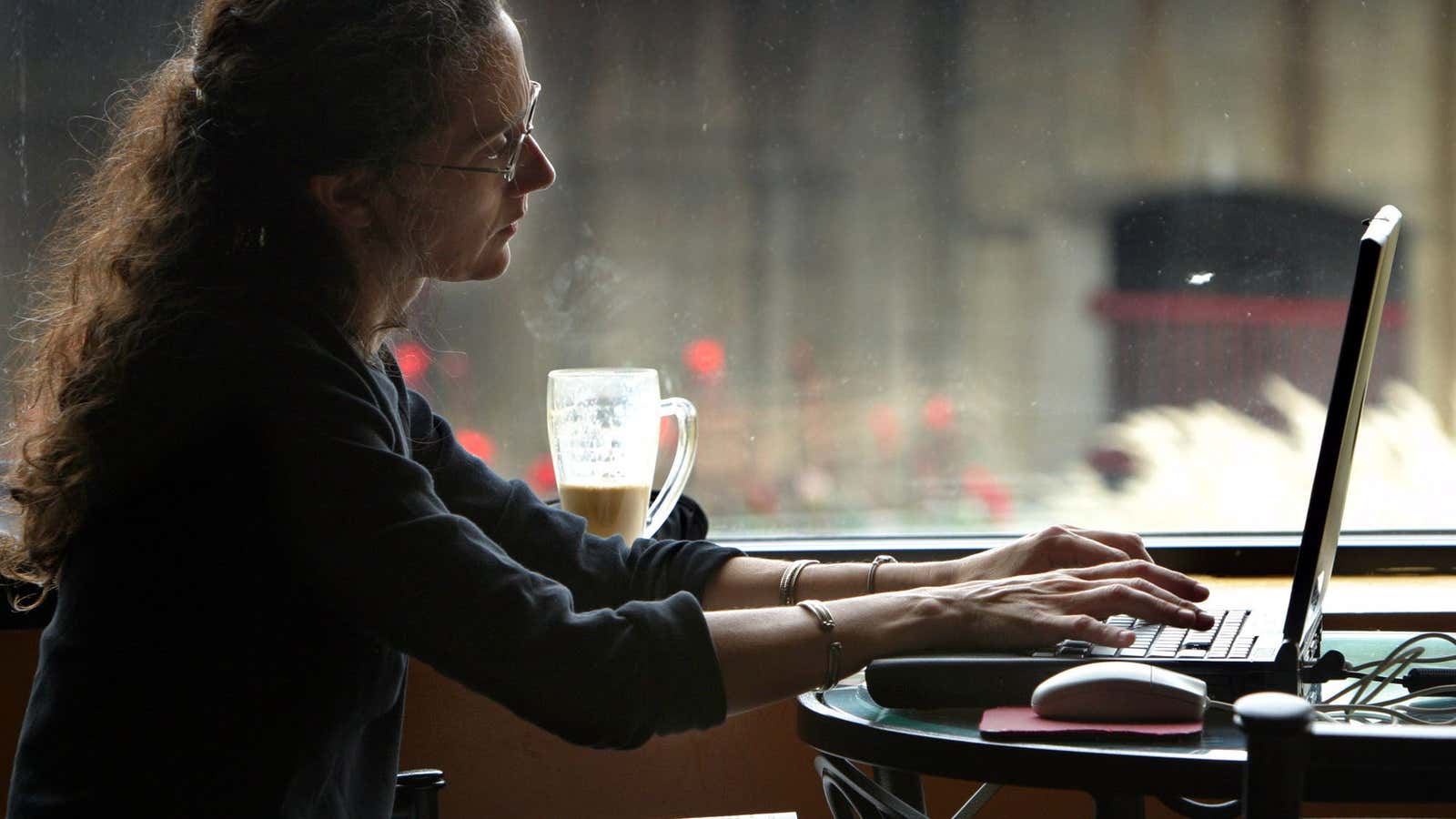Without an office, how can chance encounters that connect people and spark great ideas possibly occur? The presumed answer is, they can’t. This is considered by some to be such a foregone conclusion that physical offices are increasingly designed to encourage even more spontaneous face time, and remote workers are being recalled to the office.
But at GitLab, we’ve found a way to make it work. We’ve been remote-only for years, after early employees elected to stop coming into our shared office space in San Francisco, and our 200 team members are based in 39 different countries. Face-to-face interactions are arguably even more important in a remote environment, as they can help prevent potential burnout and isolation. So we have created ways to replicate the benefits of in-office banter and keep camaraderie strong.
One of these methods is the “virtual coffee break.” Included in our detailed 500-page handbook, “virtual coffee breaks” are video calls our team members use to take breaks and socialize. We encourage team members to dedicate a few hours every week to these calls, which is roughly comparable to the time someone working in an office might spend chatting while walking to meetings, grabbing coffee in the break room, or having lunch together in person.
We also build social opportunities into our daily team call by encouraging a different set of team members each day to share what they’ve been up to lately outside of work. Position, department, and tenure are all assorted within these groups, providing a valuable time to connect without hierarchy. Over the years, we’ve celebrated new engagements, children, fitness goals, and other life events of our team members; obsessed over popular TV shows and fan theories; and screen-shared pictures of pets too many times to count.
For those who like a degree of randomness not provided by a scheduled meeting, we have a perpetually-open video call in our #random Slack channel, and a bot named Donut that randomly pairs people who have opted in for a chat.
Rather than fewer social interactions at our remote company, we find that we have more. We make a point to intentionally socialize throughout the work week, and we host gatherings and summits where co-workers can come together in person. Sometimes our teams even plan these on their own. One pair of our developers, for instance, planned a trip to 20 cities on five continents last year. Because they didn’t need to be at an office, they were able to work and travel at the same time. Their journey not only spanned 20 cities—it also encompassed six product releases they collaborated on over that period.
Sid Sijbrandij is co-founder and CEO of GitLab.
